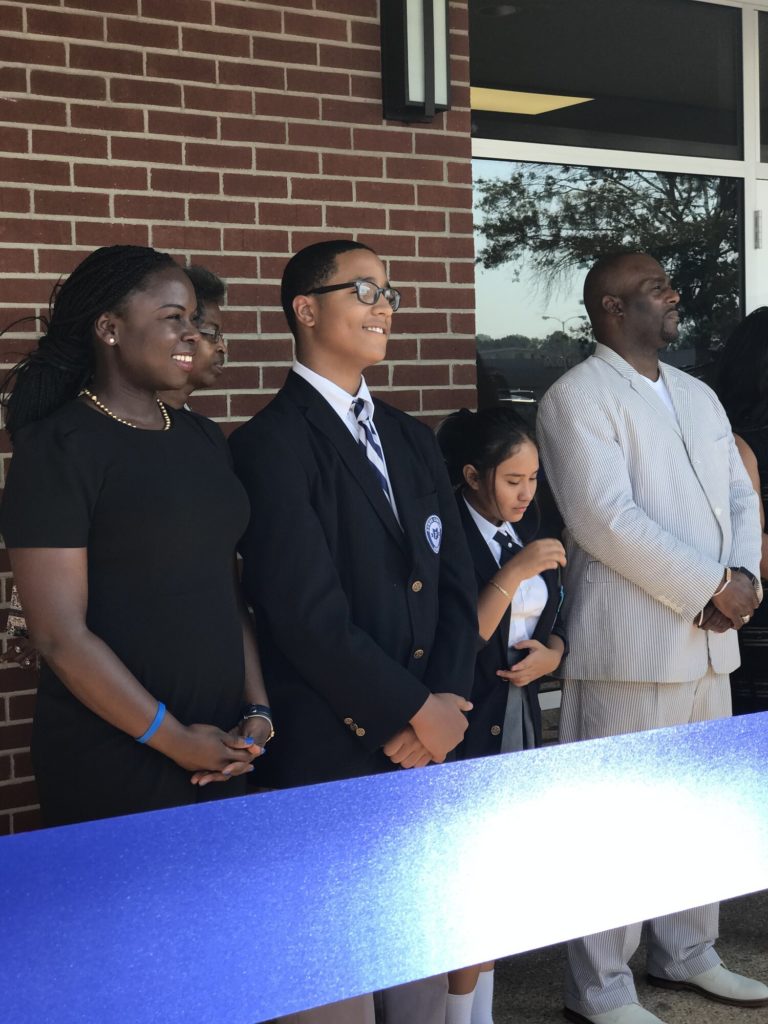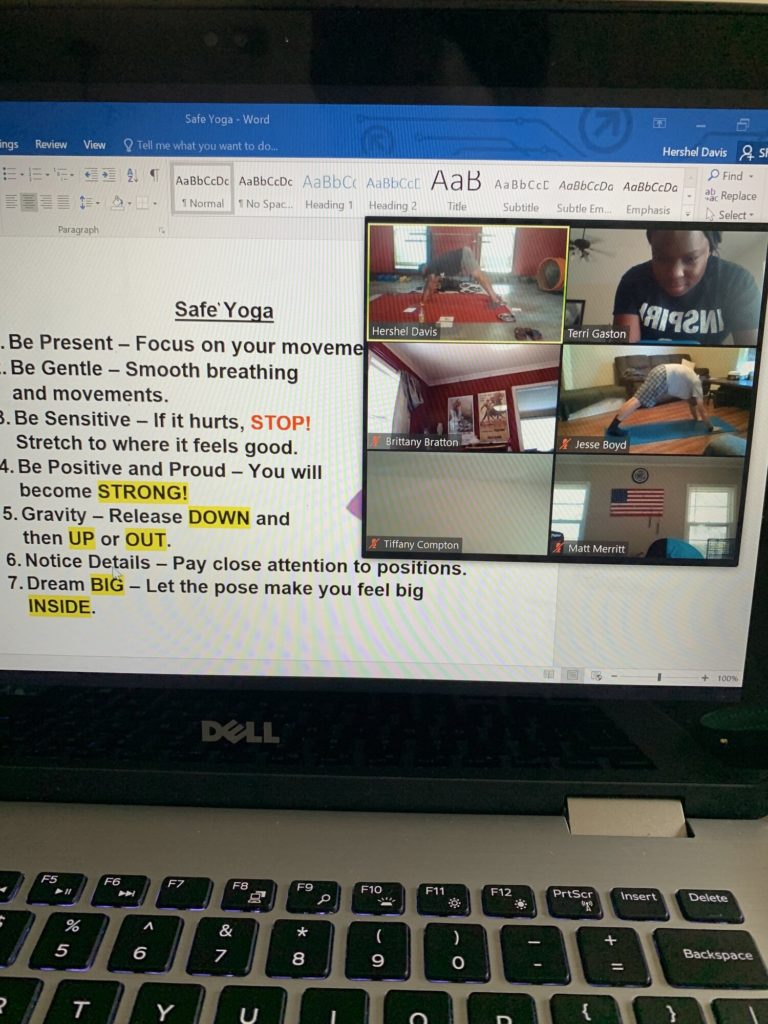TERRI GASTON
Power Center Academy High School
Q1: Tell us a little bit about your educational background - when did you decide to pursue education as a career and where did you study?
I have a Bachelors of Arts in English from Tougaloo College in Tougaloo, Mississippi, and a Masters of Arts in Education from Union University. I began my teaching career in 2002 with what was then Memphis City Schools as a high school English teacher. I began teaching with Gestalt Community Schools in 2014 where I was encouraged to apply for the New Leaders Emerging Leaders Program. From there I matriculated into the New Leaders Aspiring Principals Program and completed my Residency in 2018. Last year, I was Power Center Academy High School’s Ninth Grade Academy Leader. This year, I’m honored to serve as Power Center Academy High School’s Principal. I’m also in Relay GSE (Graduate School of Education)’s National Principals Academy Fellowship. [If interested in this program, you can learn more here]
Q2: What accommodations are being made at Power Center Academy High School to ensure that virtual learning is accessible?
Gestalt Community Schools was already a network that offered 1:1 technology for scholars. In other words, each scholar, every year, is issued a laptop or iPad to support our technology-driven environment. Our Chief Operations Officer and her team have worked with our schools to ensure that every scholar was able to pick up their school-issued laptops and that all the apps they needed are loaded to these laptops. In addition, parents were able to pick up hot-spots if they don’t have internet access.
My school-based team tries to alleviate parent anxiety and frustration by being very responsive to emails and questions.


Q3: What are the musts to be engaged with your students during a virtual environment?
What I’ve learned in our first week is that scholars are excited and happy to just be back and engaged with their teachers and the school! It is important that school leaders relay to teachers that we are all learning in this process and that they have the grace to make mistakes as we are learning. Teachers should then relay this message to scholars. As we teach scholars to be more accountable for their learning, we must be ok with some “productive struggle.” For example, we have a website where all of our teachers’ Zoom links are housed. Scholars have this website, but still want to email us directly for the links to their classes. We just have to remind them to return to the website so that we can teach them to be resourceful and responsible.
Q4: Share about any distinct advantages you might have being a first year principal amidst a virtual learning year?
Through my experiences in leadership, I have developed relationships with some dynamic school leaders. I have the advantage of having some of the brightest and dynamic people on my staff who help support our teachers and scholars in this remote learning environment. I also have the consistent support of my CAO, CEO and our CMO staff who encourage my ideas and innovation.
I think I have the advantage of being in a network that was already technology driven and had scholars using technology and Chromebooks from the time they enter kindergarten. We did not have to overcome huge challenges with teaching our high school scholars to use technology.
Q5: What are some exciting things that you see as your students work through the challenges of doing school through zoom and how might that help them in the future?
As a school leader, be intentional about building community with the staff. Have teachers be intentional about building community with their scholars.
Our scholars mirror our temperament! What I’ve seen is that our teachers have been positive and encouraging and this has translated over to the scholars. Every virtual class I enter, scholars are smiling.
Our scholars care about their learning and how it will continue. They ask questions and are using their voice to advocate for their needs. We need to make sure we are open and remain in constant communication with them.
Our scholars realize the pandemic forced everyone to work together as a community and to “think outside of the box” when it comes to their educational needs. We must communicate to scholars that remote learning is an opportunity to help launch them into college and career where they will have multiple online learning classes and will have to be accountable for their own learning.
Be intentional about making scholars feel known, loved, and educated.
And remember, in the words of my CEO: Grace + Grit and Grind
